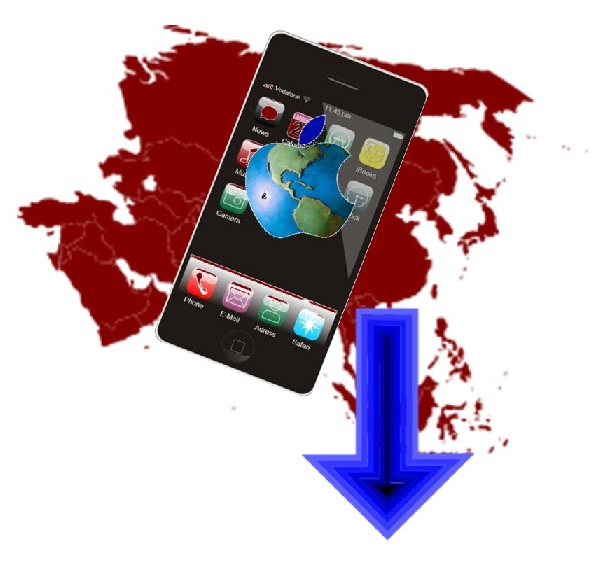 Bigcommerce marks the increasingly popularity of mobile commerce
Bigcommerce marks the increasingly popularity of mobile commerce
Mobile commerce has been a very beneficial force for Bigcommerce, an e-commerce platform catering to small businesses. The platform represents some 30,000 small and medium-sized businesses around the world, many of which have become increasingly interested in engaging mobile consumers. To this end, these companies have been adopting new mobile commerce services. As these companies put more focus on mobile commerce, consumers are becoming more apt to use their mobile devices to shop and purchase products, according to Bigcommerce.
10.2% of 2012 sales were made from mobile devices
Bigcommerce notes that 10.2% of all sales for the companies it represents are coming from smart phones and tablets. This accounts for approximately $84 million in online sales throughout 2012. Sales make through Apple devices, such as the iPhone and iPad, registered $46 million, representing 84% of all online mobile sales during 2012. Bigcommerce notes that the Android platform saw $13 million in sales during the same time period.
Retail industry continues to be a strong supporter of mobile commerce
Mobile commerce has become especially popular within the retail industry. Many retailers had been made aware of the potential gains they could see through engaging mobile consumer several years ago, hence the nearly universal adoption of mobile marketing. Mobile commerce could further these benefits, especially as consumers become more interested in using the smart phones and tablets to shop.
Android may be more plentiful, but not necessarily popular for mobile commerce
The information from Bigcommerce conflicts with information concerning smart phone ownership. Android devices account for 52% of all smart phones in use, while iPhone represent roughly 34%. Bigcommerce notes that the higher number of Android devices available is due to the fact that the platform is licensed to many groups, while the iOS platform is almost entirely exclusive to Apple. Even though the Android seems to be more prevalent, that does not mean that it is more popular in terms of mobile commerce.

 Consumer fatigue threatens Apple in Asia
Consumer fatigue threatens Apple in Asia